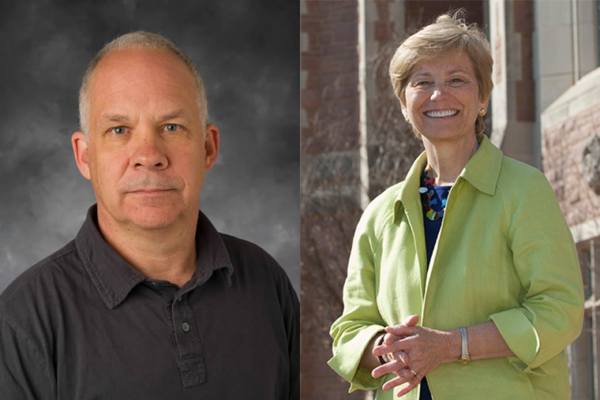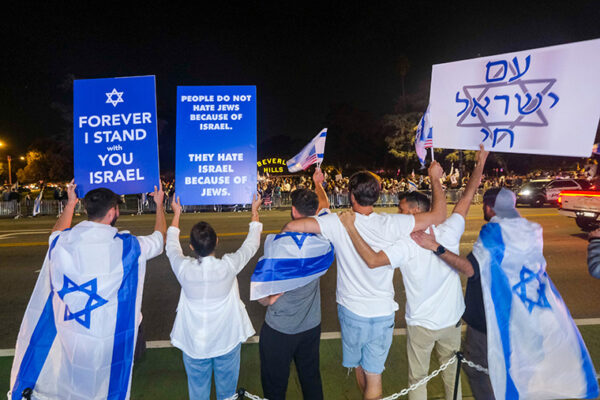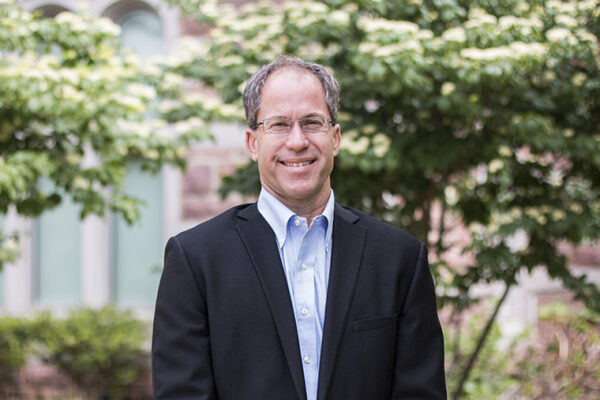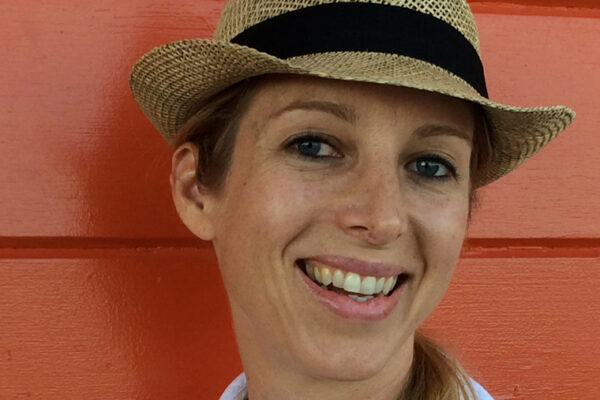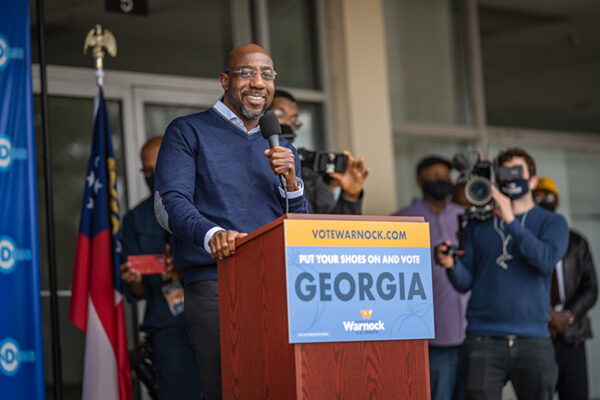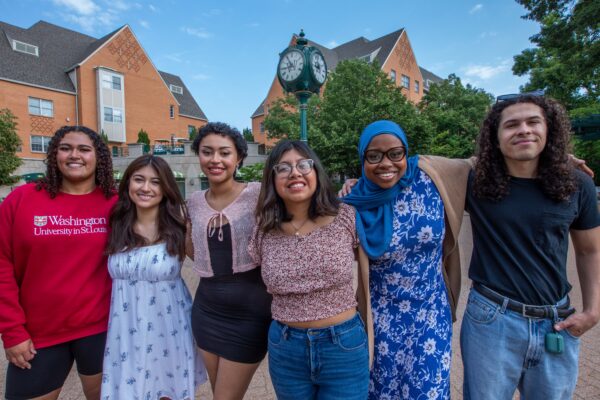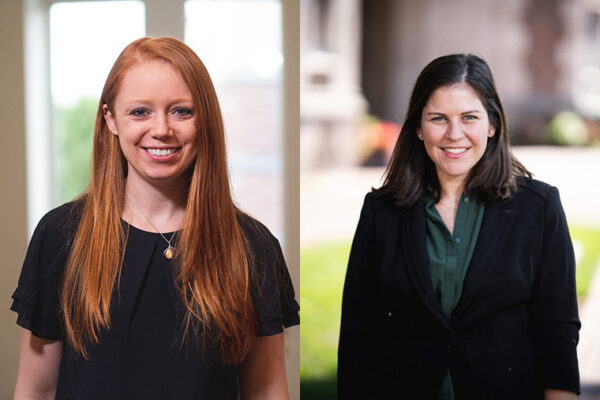Navigating political discussions at holiday gatherings
Planning to stay mum around the holiday table when the subject of politics comes up? Political scientist Taylor Carlson, in Arts & Sciences, says we would be better off learning to have open, respectful conversations with one another — especially with those who have opposing viewpoints.
Gordon to discuss history of racial segregation, urban inequality
Historian Colin Gordon will discuss his new book, “Patchwork Apartheid: Private Restriction, Racial Segregation, and Urban Inequality,” at a Public Interest Law & Policy Speakers Series event at noon Monday, Nov. 6, in Anheuser-Busch Hall. The book documents the history and consequences of private restrictions in greater St. Louis and other Midwest towns.
Timing of Hamas’ strike followed pattern, but no match for Israel’s military
Research by David Carter in Arts & Sciences suggests instability around the world and in the Middle East was likely a contributing factor in Hamas’ decision to attack Israel on Oct. 7.
Trauma, histories of victimhood will influence Israeli response
New research by Carly Wayne, assistant professor of political science in Arts & Sciences, demonstrates how arratives play a role in shaping political views and foment negative intergroup attitudes.
Gabel wins grant to study minority representation strategies
Matt Gabel, a professor of political science in Arts & Sciences, received a two-year $325,000 grant from the National Science Foundation to study ways to protect minority voting rights and representation.
Climate reporter Baker to discuss heat safety standards
The Weidenbaum Center on the Economy, Government and Public Policy at Washington University in St. Louis will host Aryn Baker, Time magazine’s senior international climate and environment correspondent, for a public forum and reception Sept. 26.
Black legislators talk more about race, and it works
A new study from political scientist Matthew Hayes in Arts & Sciences finds legislators who use symbolism in speeches about race and civil rights reap electoral rewards, including more favorable evaluations and higher voter turnout.
Political science program aims to expand graduate student pipeline
The Department of Political Science in Arts & Sciences has launched the WUSTEPS Pipeline Program, which is aimed at preparing undergraduates from diverse backgrounds for success in graduate programs.
Carlson, Wayne win NSF grant to study political radicalization
Political scientists Taylor Carlson and Carly Wayne, in Arts & Sciences, won a National Science Foundation grant to study factors that drive political radicalization.
Study: ‘Counter-stereotypical’ messaging can move needle on vaccinations
A large-scale study led by Olin Business School researcher Brad Larsen to see if politically partisan cues can induce people to get COVID-19 vaccines found that, yes, they can.
Older Stories

